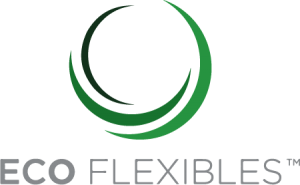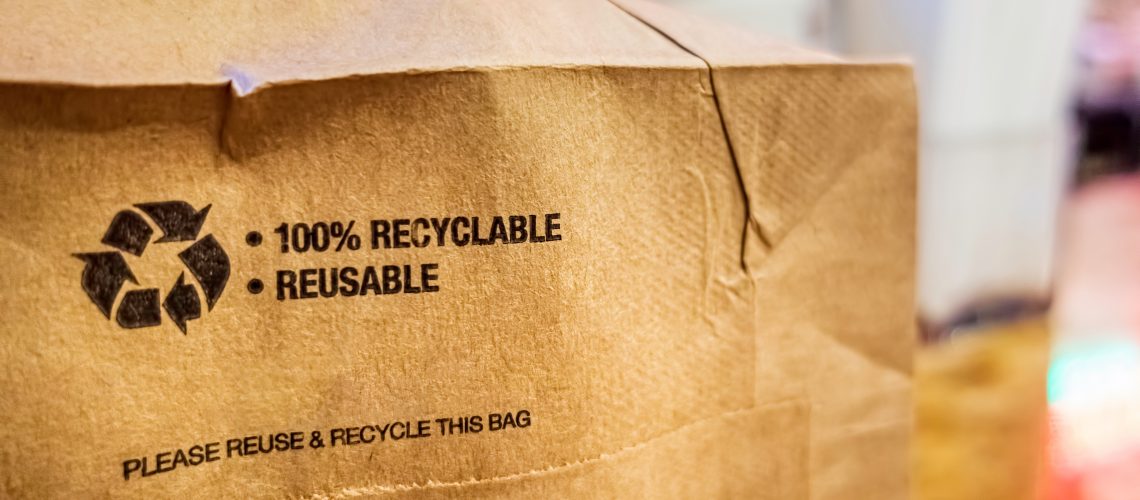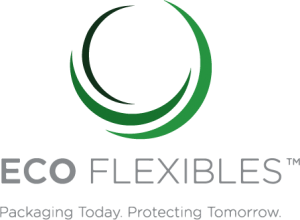There is a growing movement among the global food manufacturing community that sees packaging in a different light.
From coverage in media that spans from documentaries to climate change protests hitting the headlines, the consumer is more aware of how their purchase decisions influence the environment. Consumers are making their voice heard by backing brands that offer sustainable packaging, with packs that are lightweight and recyclable taking centre stage.
When packaging takes such an important role in the purchase process, where can lightweight and recyclable flexible packaging add real value for brands?
Brand transparency
In the age of information, consumers demand transparency in all aspects. Product origin, technical specifications and intricate details of its manufacturing journey are never more than a few clicks away, and a transparent supply chain is seen by shoppers as inherently more trustworthy. Packaging is part of the product and its brand promise. This means that substrates, including origin and end of life disposal, are under the microscope for consumers.
Similar principles are driving the ‘clean label’ ethos, which is all about creating a more transparent product value proposition. For food brands, clean labelling involves using as few ingredients as possible, to create a simpler and more authentic experience. The same principles can also be applied to packaging, particularly in flexible packaging that often uses mixed plastics, rendering the packaging unsuitable for recycling systems.
There is real bottom-line value to switching from mixed plastic to lightweight monopolymers. Not only does doing so help to support long-term sustainability goals from a brand perspective but offers the consumer clearer recycling routes. With sustainability playing such a notable role in purchase decisions, there are clear market share implications. The message for brands is clear – just like the products they protect, packaging must reflect the needs and values of its audience. To remain competitive, this means using sustainable packaging to back up brand transparency and communicate the environmental credentials of a business.
Sustainability 2.0
When it comes to the consumer, we are entering the age of ‘Sustainability 2.0’. Through greenwashing and vague messaging across all industries and markets, the term ‘sustainability’ is reaching saturation point. For shoppers, it is losing its meaning and its impact.
We are seeing a more enlightened and mindful consumer. They are better educated about the impact of their choices on the environment and expect more from their brands than buzzwords on a pack. Shoppers are becoming more comfortable with technical terms and substrate names, such as HDPE, PET and PP. Now, it’s about giving the consumer a physical action they can take – a clear call to action on end-of-life use.
Sustainability 2.0 is all about taking the clarity and visibility of sustainable packaging to the next level, turning talk into behaviour. Brands that are able to innovate in packaging and create fully recyclable lines will find a strong commercial advantage in their hands. Here, there is exciting opportunity for businesses to drive innovation and capture market share.
To date, the vast majority of flexible packaging has not been recycled. Comprising different substrates that cannot be easily separated means that in current waste collection processes, most flexible packaging is separated and sent to landfill or incineration.
Eco Flexibles® takes a different approach by offering lightweight monopolymer based designs that don’t compromise on pack functionality, performance, quality or visual impact. Common barriers for brands when implementing more eco-friendly packaging projects are time and resources. Eco Flexibles, with extensive experience in sustainable packaging design, takes these pressure points away by handling projects from concept to completion.
For brands of every size, this creates packaging with a much clearer call to action for the consumer. Packaging developed and supplied by Eco Flexibles can be recycled in existing waste streams as easily as PET, cardboard or paper. In conjunction with the sustainability benefits that flexible packaging already has over rigid packaging, this can provide strong sustainability messaging for brands that goes above and beyond the ‘greenwashing’ that turns consumers off.
Is your team ready to turn intent to action and develop sustainable flexible packaging that connects with today’s consumer? Get in touch with our team to discover more about how Eco Flexibles can help.


